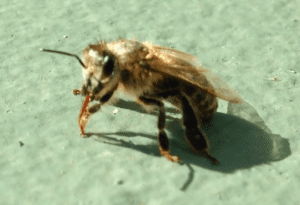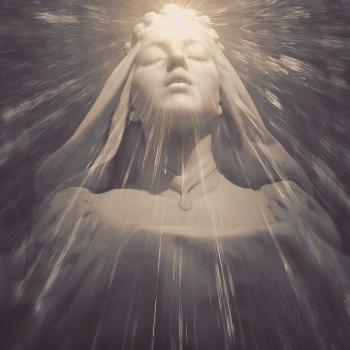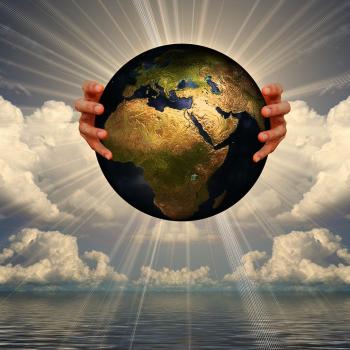
In 1796 “the father of paleontology” Georges Cuvier arrived to the conclusion that living species can go, and in the case of the mammoth, have gone extinct. Biologists now inform the public that the current “holocene extinction”—the mass extinction of species due to human activity—is the greatest catastrophe to befall life on earth since the destruction of the dinosaurs and three-quarters of all plant and animal species 66 million years ago.
But biologists are not the only members of the scientific community concerned with extinction. By the early 1990s, cultural anthropologists and anthropological linguists widely recognized that perhaps half of the nearly 7,000 languages spoken in the world—and the traditional cultures associated with them—are in danger of immediate extinction. As many as 90% of human languages could disappear by 2100.
We would be wise to consider other aspects of human life and experience that are in danger of extinction. Except for typewriter retailers and the zinc lobby, most of us aren’t concerned about the retirement of the typewriter or the potential retirement of the one-cent coin. But should we be concerned about the disappearance of particular flowers from the garden of human spiritual life? I have in mind virtues.
Certain virtues have endured for many centuries. Cultures and spiritual traditions across the world have celebrated courage, perseverance, honesty, and generosity since time immemorial. In the fourth century, bishop and church father Saint Ambrose called the four classic virtues of the Greek philosophers cardinal, meaning “hinge,” because he felt that authentic human living hinged upon the virtues of prudence, justice, temperance, and fortitude. New virtues have appeared in recent decades, which reveal the nature of our current Zeitgeist, including imagination, curiosity, and creativity. In the past personal characteristics like curiosity were much disdained, even persecuted; now they are among the most highly regarded and encouraged in educational and business circles.
Some classical virtues are endangered. How often do we hear or read about piety, longsuffering, or modesty other than their being lampooned in satirical comedy? Chastity is all but extinct outside of religious circles; indeed, in the minds of many it’s now associated with the historical subjugation of women. There may also be as-yet-unnamed virtues that people will develop in response to changes in their environments. I suspect one virtue in the making would be “willingness to experience silence.”
I don’t intend to judge whether the prevalence or absence of particular virtues is ultimately a positive or negative development. Perhaps different times and ages call for and encourage certain virtues while putting others on hold. But virtues are the essential qualities of human character, and an absence or diminution of virtue in general, or the loss of particular virtues that may serve the functioning of our civilization in ways of which we are not entirely aware, could contribute to a spiritual monoculture that is as susceptible to blight as Irish potatoes were in the 1840s or American corn was in the 1970s.
What might such a blight look like? Irritation, coarseness, and lack of civility—in ourselves, in our acquaintances, or among celebrities and politicians—might seem inconsequential, even humorous in the short-run, but when such vices blend with and become inflamed by nationalism and xenophobia, the tolerance and forbearance that a just and peaceful society demands of us are lost, particularly during periods of political and financial difficulty. We don’t need to recount what societies can deteriorate into when the dark powers of fear and hatred drive away patience, kindness, gentleness, and goodness—the better angels of our nature.
But even if we manage to maintain civility and some semblance of peace in the short run, a loss of self-control and deferred gratification, combined with a culturally-induced ignorance of the impact of our collective habits and lifestyle on the planet itself, will certainly threaten the viability of our species.
Perhaps we decide, individually or collectively, whether we will withdraw into our reptilian brains, savoring the tempting fruits of tribalism, territoriality, and fear—all encouraged by personal vices—or whether we are willing to continue the evolution of virtues made possible by the brain’s neocortex and frontal lobe—the areas of reason, practical problem solving, and empathy.
















